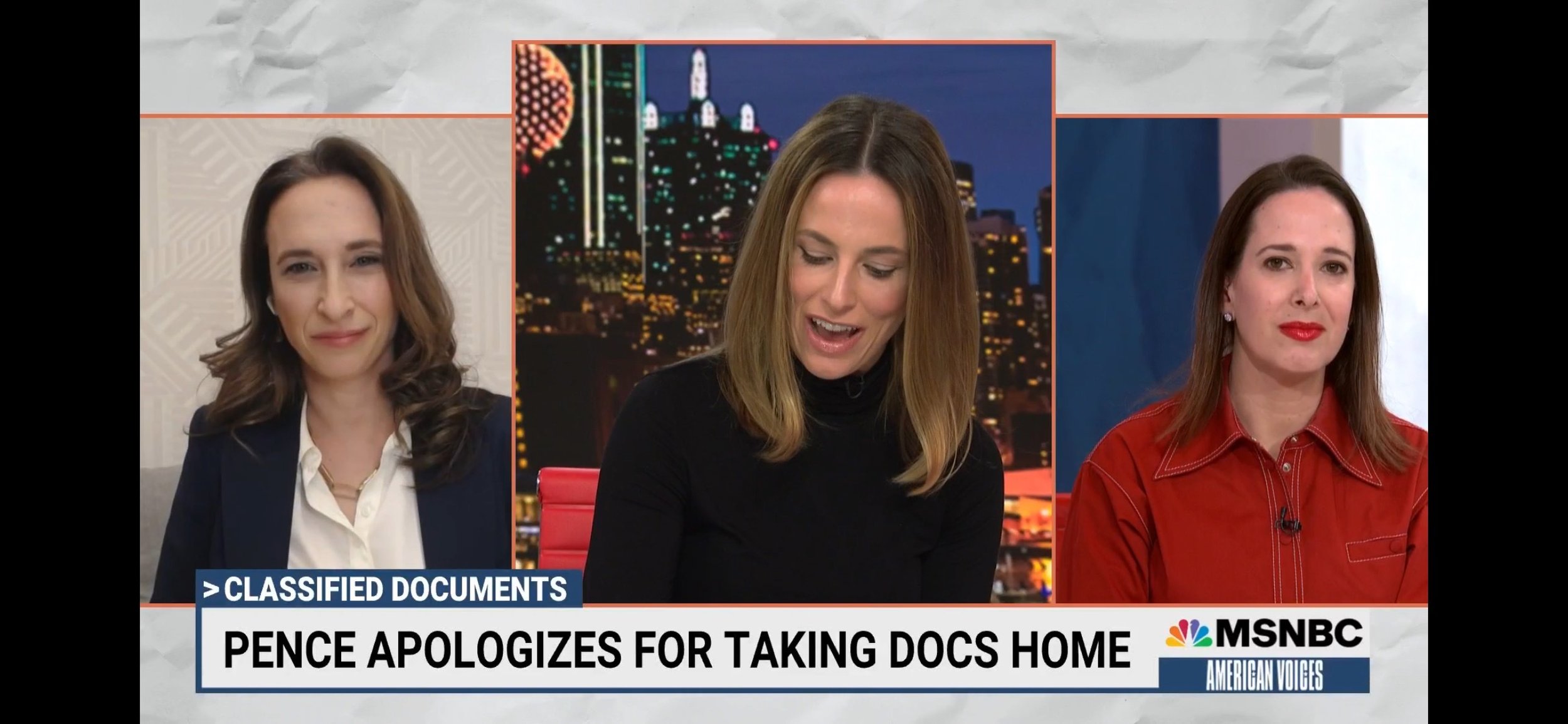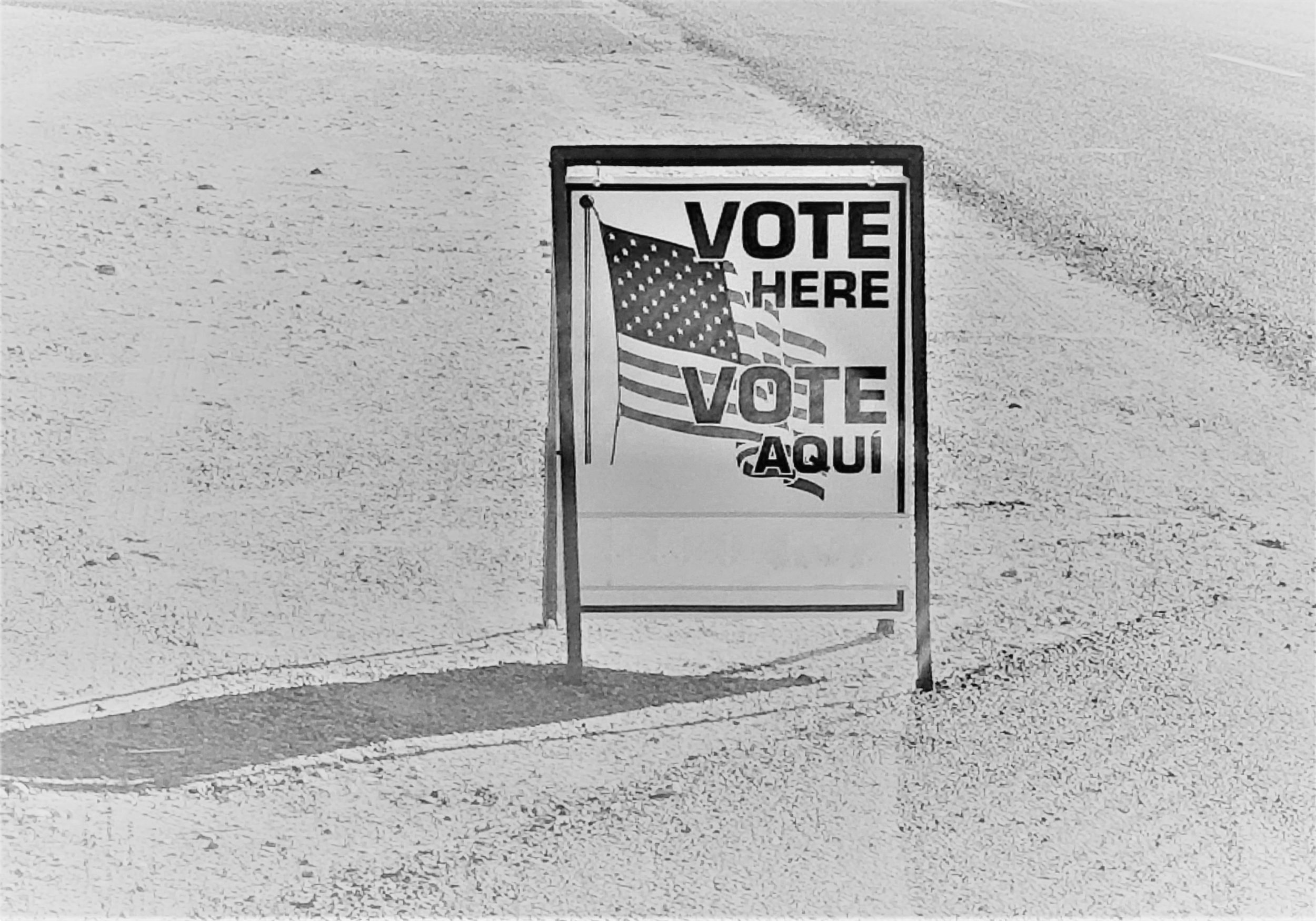On April 4, Wisconsin voters cast ballots for democracy, electing Judge Janet Protasiewicz by a double-digit margin to the state’s Supreme Court in a special election that had drawn national attention as one whose outcome could “change the course of the entire country.”
Writing in her March Democracy & Business Update on LinkedIn, Leadership Now CEO Daniella Ballou-Aares noted how the court, under its previous 4-3 majority, barred drop boxes for vote-by-mail ballots and refused to act on unfair district maps in this notoriously gerrymandered state. Wisconsin’s maps merit an F from the Princeton Gerrymandering Project and the state as a whole receives a C on Leadership Now’s Democracy Report Card, she reported.
The importance of the April 4th election prompted Leadership Now’s Wisconsin members to take action — sending a questionnaire to the candidates asking them to confirm their commitment to democracy. Judge Protasiewicz responded and agreed to uphold future election results; her competitor Dan Kelly declined to respond to the group’s 5-question judicial letter.
Anoop Prakash, John Floreshim, and Sachin Shivaram, Leadership Now members and leaders of Wisconsin Business Leaders for Democracy, made a case in an op-ed in the Milwaukee Journal-Sentinel on the importance of the special election. They wrote:
"The stakes could not be higher. As a non-partisan group of business leaders from both political parties, we believe it is in the best interests of all Wisconsinites to elect justices who will uphold our freedoms and support the principles of democracy on which our country was founded."
The group also aired an ad explaining its rationale for endorsing Judge Protasiewicz.
The court, with Protasiewicz now on it, is expected to hear many crucial cases in the years ahead — on gerrymandering, abortion, and challenges to future presidential election results.
Subscribe to the Monthly Business + Democracy Update on LinkedIn.
Leadership Now Project is a section 501(c)(4) social welfare organization with a mission to protect and renew American democracy. Project Democracy is a separate, affiliated political organization that supports candidates who share that mission.
















